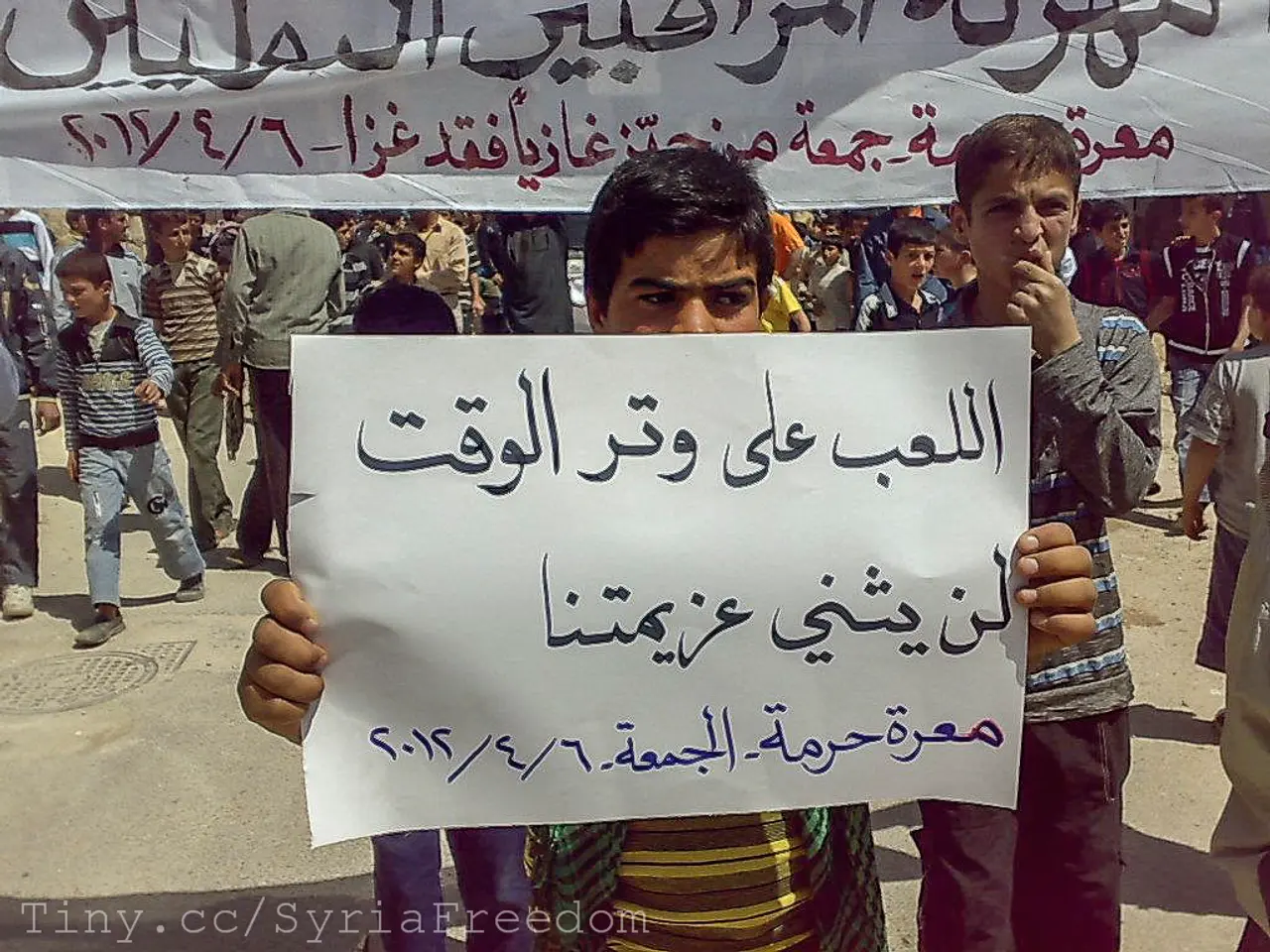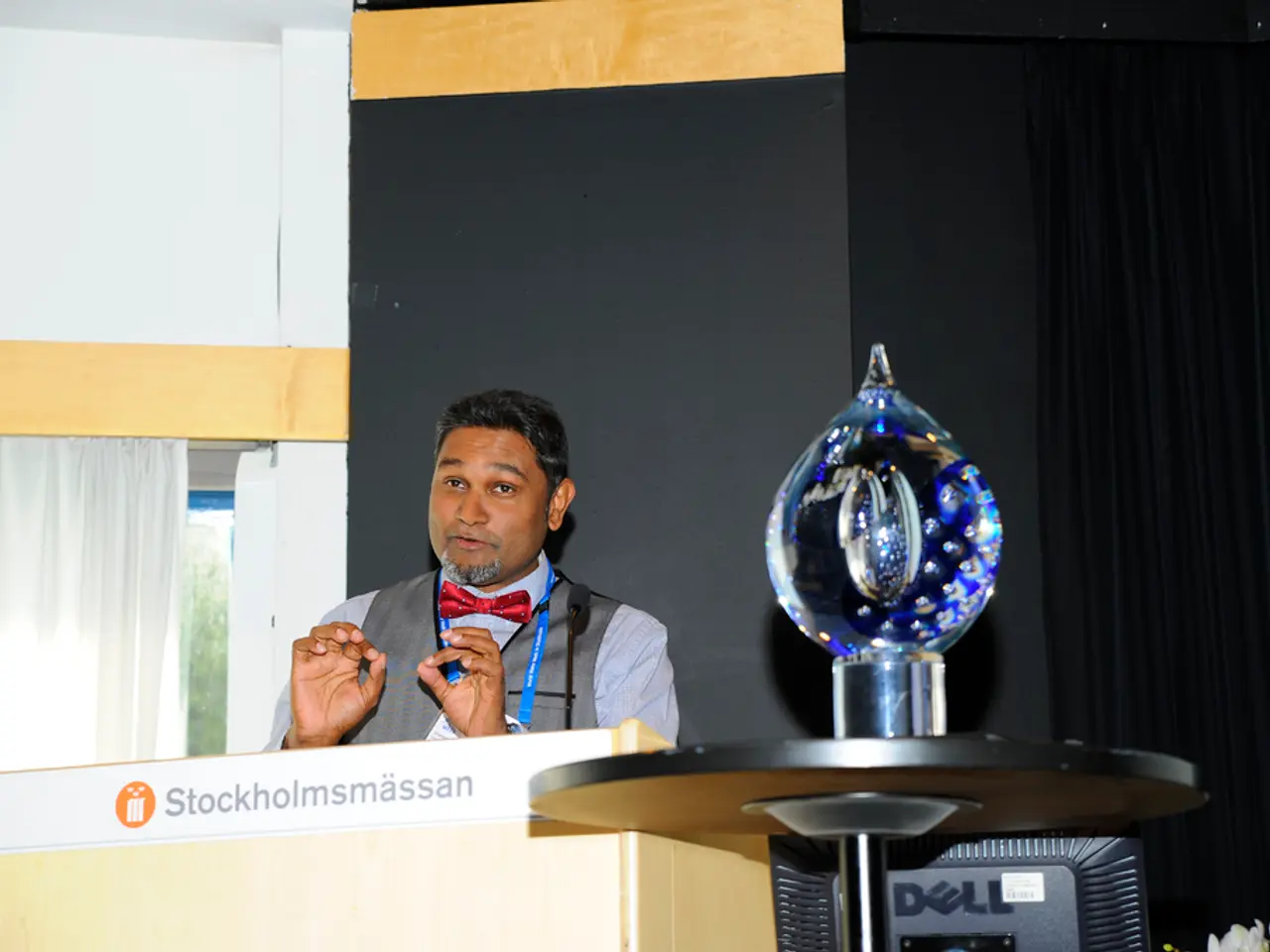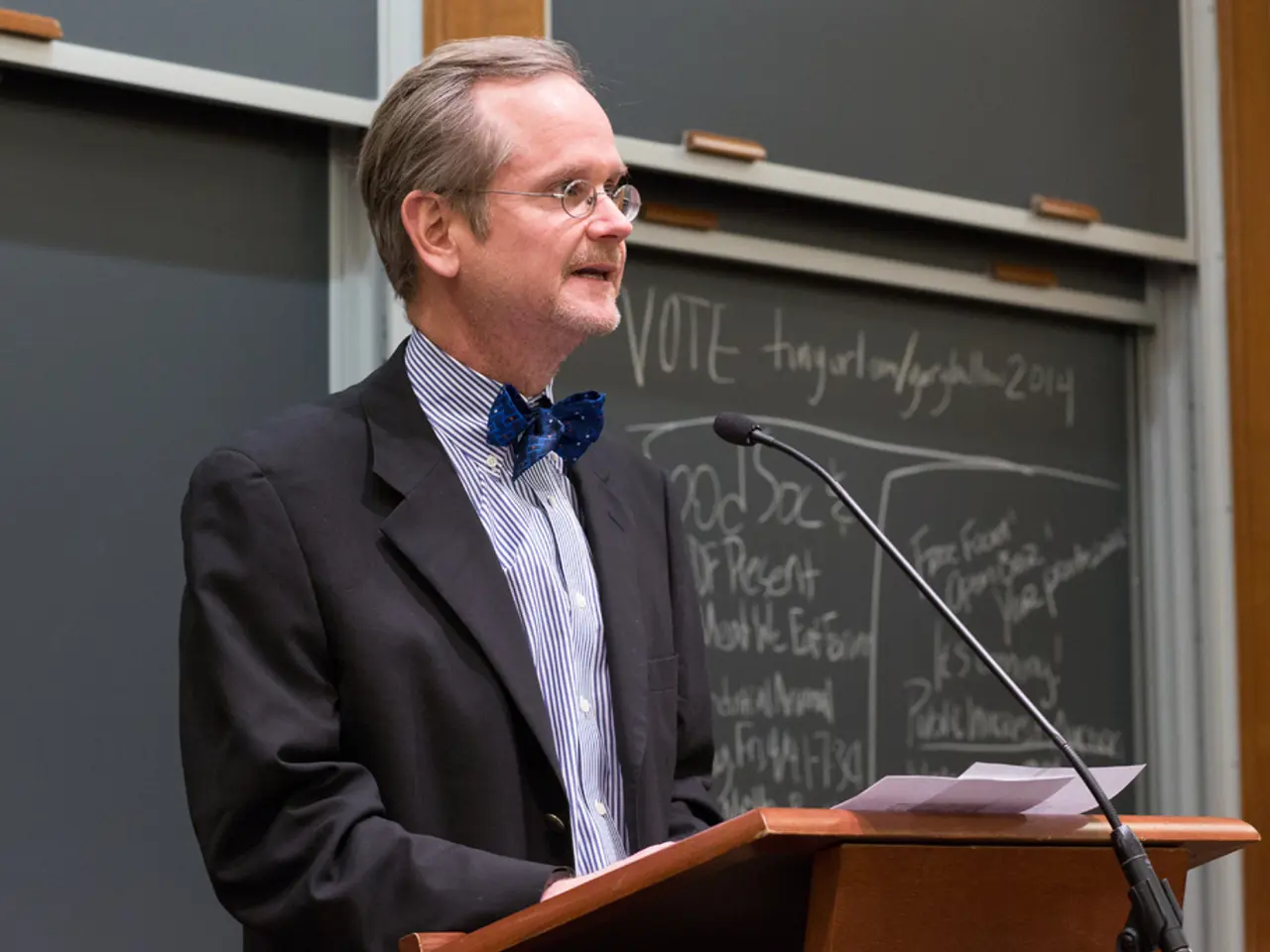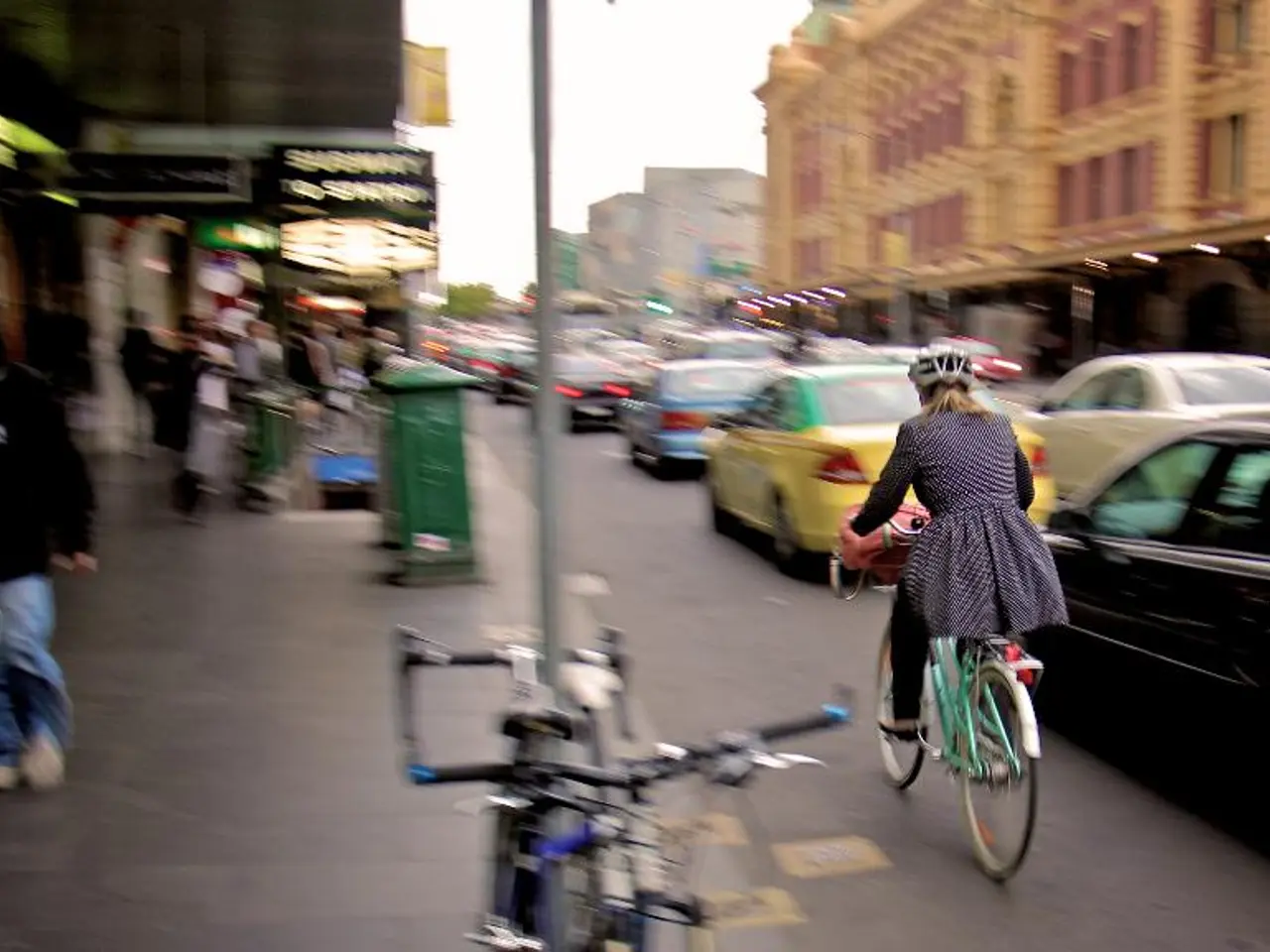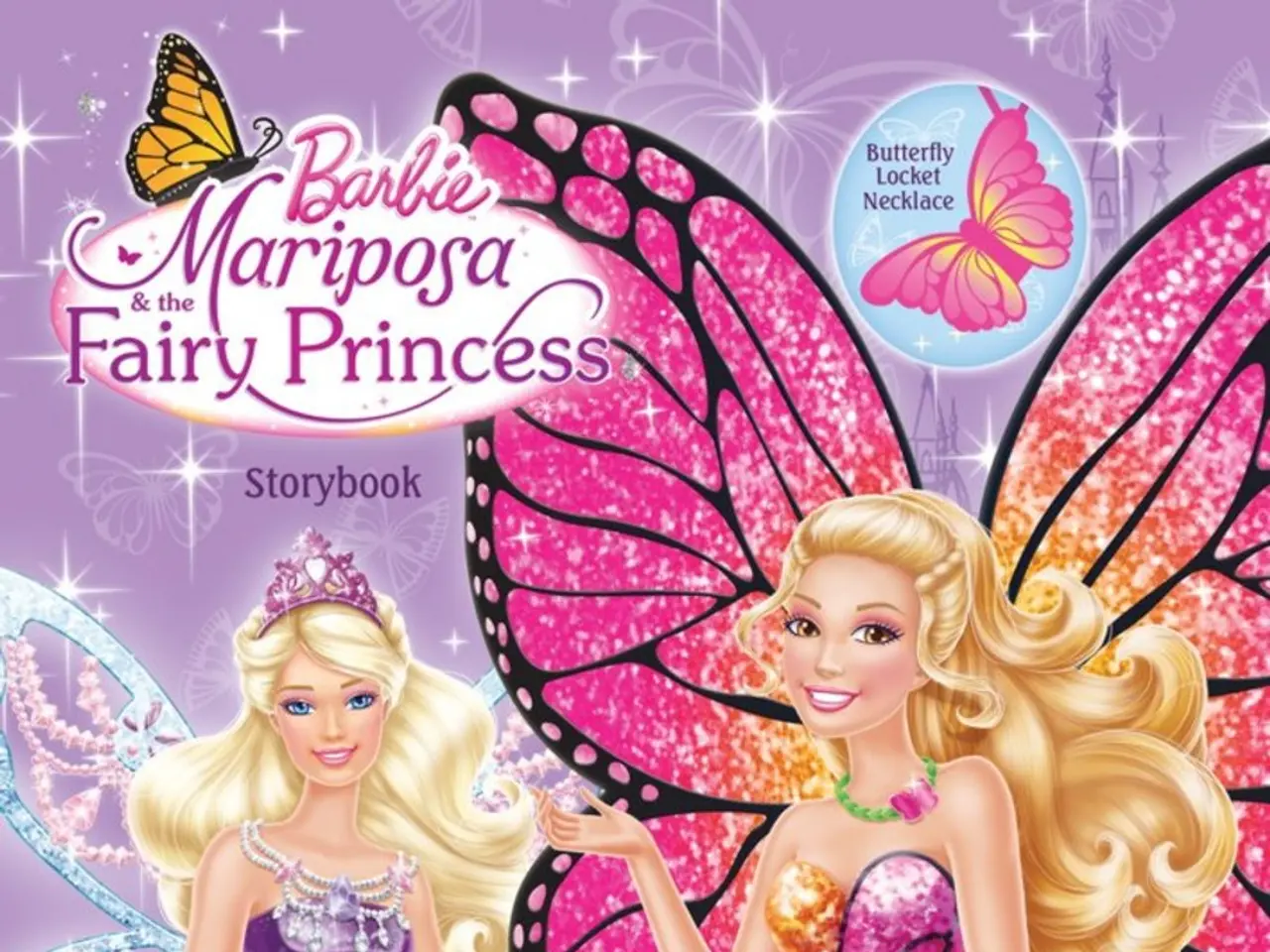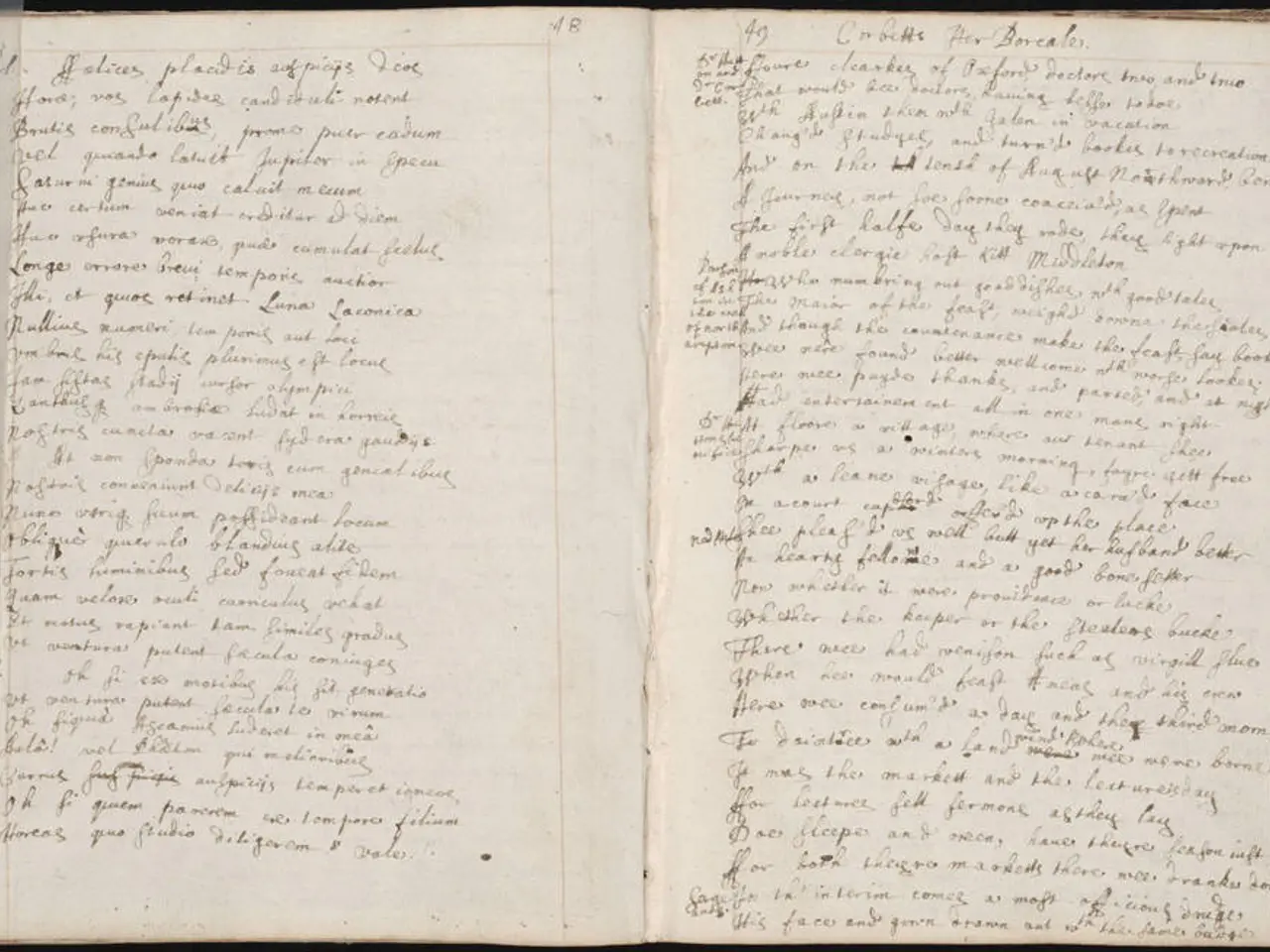Budapest's mayor defends the LGTBI Pride event in response to inquiries.
Budapest Pride March Defied Despite Government Ban and Mayor's Investigation
Budapest, Hungary - On June 28, tens of thousands of people took to the streets of Budapest to demand LGBTQ+ rights, despite the event being banned by the Hungarian government[1][4][5]. The Pride march was organised by Budapest's Mayor, Gergely Karácsony, who is now under investigation for allegedly helping to organise the event[2][4][5].
Karácsony argued that the event was a municipal celebration and thus not covered by the law on assembly, allowing it to proceed despite the ban[2][3]. However, the police treated it as a regular assembly and prohibited it, citing official justification that included photos and videos of activities deemed controversial by the government[2].
The mayor invoked a legal loophole for holding the event as a municipal event, reviving an annual June freedom celebration[2]. This legal gray area has led to tension with government authorities enforcing the ban, who have issued formal warnings and involved multiple embassies by notifying them of the ban[2].
The investigation’s implications include potential legal repercussions for Karácsony personally, heightened political tensions within Hungary between liberal municipal leadership and the conservative national government, and an international dimension with multiple embassies and EU countries expressing support for LGBTQ+ rights and planning to attend the Pride march despite the ban[2].
During the interrogation, Hungarian agents photographed Mayor Karacsony to create a police file[4]. Karacsony refused to answer questions and issued a statement defending his innocence and denouncing political persecution[4]. The event became a symbol for sexual rights associations and attracted an estimated record participation of between 35,000 and 40,000 people[1]. Numerous international representatives were present at the event[1].
The mayor encouraged citizens to participate in the demonstration, stating that "freedom and love cannot be prohibited."[1] The event marked a significant moment in the ongoing clash over LGBTQ+ rights and freedom of assembly in Hungary, with Budapest's local government defying national restrictions and drawing global attention.
References:
[1] BBC News. (2025). Budapest Pride march goes ahead despite ban. [online] Available at: https://www.bbc.com/news/world-europe-61254276
[2] The Guardian. (2025). Budapest Pride march defied government ban and mayor's investigation. [online] Available at: https://www.theguardian.com/world/2025/jun/29/budapest-pride-march-defied-government-ban-and-mayors-investigation
[3] Hungary Today. (2025). Karácsony: Budapest Pride march not included in assembly law. [online] Available at: https://hungarytoday.hu/karacsony-budapest-pride-march-not-included-in-assembly-law/
[4] Reuters. (2025). Budapest Pride march goes ahead despite ban and mayor's arrest. [online] Available at: https://www.reuters.com/world/europe/budapest-pride-march-goes-ahead-despite-ban-mayors-arrest-2025-06-28/
[5] Associated Press. (2025). Budapest Pride march defies ban, angering Hungarian government. [online] Available at: https://apnews.com/article/europe-hungary-lgbtq-rights-budapest-pride-march-6125291579d14a59e37a388f056c1766
The Budapest Pride March highlighted a contentious political situation, as it was held in defiance of the government's ban and Mayor Gergely Karácsony's investigation regarding his alleged involvement in organizing the event. The tension between local and national governments over LGBTQ+ rights and freedom of assembly was evident during this demonstration.
